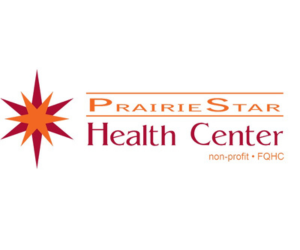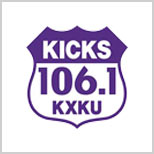By Tim Carpenter, Kansas Reflector
TOPEKA, Kan. — Collection of income and sales taxes by the state of Kansas in the just-completed fiscal year reached $10.16 billion to surpass the previous year’s revenue deposits by more than $400 million, officials said Wednesday.
Totals reported by the Kansas Department of Revenue represented receipts by the state during the 12-month period from July 1, 2022, to June 30, 2023.
The state took in during the fiscal year $402 million more in tax revenue than in the prior fiscal year. Kansas pocketed $6.06 billion in income taxes for an increase of $364 million or 6.4% from the prior fiscal year. The state sales tax total for the fiscal year was $3.57 billion for a surge of $45 million or 1.3%.
The year-end report said Kansas surpassed by $25 million the updated revenue forecast issued in April by fiscal analysts.
Gov. Laura Kelly, a Democrat who won reelection in November, attributed the better-than-anticipated revenue figures to her administration’s work to attract businesses, expand the workforce and broaden the state’s economy. In addition, the state treasury benefited from a year of high price inflation and to disagreements between the governor and the Republican-led Legislature on how to reduce the tax load.
“This past legislative session,” Kelly said, “I fought for responsible tax cuts on groceries, property and Social Security to put this money back in the hands of working Kansans. Come January, I am committed to partnering with legislators to get Kansans relief.”
The state’s sales tax on groceries fell on Jan. 1 from 6.5% to 4%. Existing state law would further diminish the state’s portion of sales tax on food to 2% on Jan. 1, 2024, and to zero the following year. Legislation speeding elimination of that tax was packaged with controversial tax-policy adjustments vetoed by Kelly, including the shift from three individual income tax rates to a single 5.15% tax rate.
House Speaker Dan Hawkins, a Wichita Republican, said GOP leadership would renew an effort to gain approval of the single-rate approach to income taxes during the 2024 legislative session. He said it was unfortunate Kelly declined to compromise with Republican lawmakers on tax reform. The House speaker extended his criticism to Lt. Gov. David Toland, who Republicans believe would run for governor in 2026.
“What should have been a no-brainer with the surplus in tax revenue, tax cuts that would have helped all Kansans instead fell victim to petty politics,” Hawkins said. “Rest assured the Legislature will bring back these cuts next session and passing them will be (a) top priority.”
Senate President Ty Masterson, R-Andover, said the fiscal year revenue report offered evidence Kelly should have signed the Legislature’s reform of income, sales and property taxes woven into Senate Bill 169 While she vetoed the measure, Senate Republicans failed to come up with sufficient votes to override the governor. That vote fell short when Sen. Rob Olson, R-Olathe, voted against an override and said the legislation primarily benefited wealthier Kansans.
“A rising tide lifts all boats,” Masterson said, “which is why we need broad tax reform that puts more money in the pockets of every Kansans while putting our state on a glidepath to economic growth.”
Absent agreement on tax reductions that would lower state tax collections in the 2024 session, Kansas could end up with a budget surplus of about $3 billion within 12 months.
The state Department of Revenue said the final month of the fiscal year produced $989 million in overall revenue, which was $17 million above the monthly estimate and $70 million more than received in June 2022.
A large chunk of last month’s total arrived in the form of individual income tax payments. The $379 million received was $14 million more than deposited in June 2022, but $4 million less than anticipated by fiscal analysts. Kansas corporate income tax collections for the month were $226 million or $26 million more than estimated. The total for the month was 52% greater than in June 2022.
The revenue department said state sales tax receipts reached $303 million in June. That represented a decline from June 2022 of 0.1%, but was 0.5% more than projected for the month.
















































